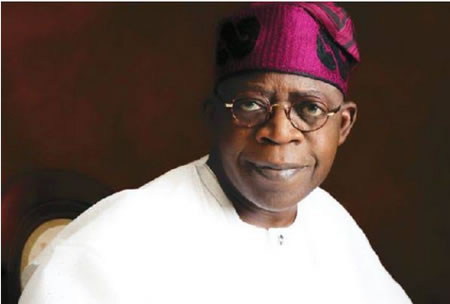In response to the growing shortfall in feed and fodder supply across the country, which has exacerbated tensions between farmers and herdsmen, the Federal Government is set to train stakeholders on effective feed and fodder data collection.
This initiative, referred to as feed balancing, aims to provide crucial data on feed availability across Nigeria, helping guide government efforts to enhance the feed and fodder subsector.
ALSO READ: Tinubu urged to investigate alleged diversion of Lagos-Calabar coastal highway
Speaking at a capacity-building workshop on the Feed and Fodder Data Ecosystem, Collection Mechanism, Ground-Truthing, and Validation in Nigeria, organized by the African Union Inter-Africa Bureau for Animal Resources (AU-AIBAR) and the Bill and Melinda Gates Foundation, Mrs. Winnie Lai Solarin, Director of Animal Husbandry Services at the Ministry of Livestock Development, highlighted the government’s commitment to prioritizing feed and fodder production.
She urged participants to leverage the knowledge gained during the training to drive growth within the subsector.
“The Federal Ministry of Agriculture and Food Security, along with the Federal Ministry of Livestock Development, is now focusing on feed and fodder. In fact, the new Ministry of Livestock Development has dedicated an entire department to animal feed and fodder, underscoring its importance.
“It’s a wake-up call for us all that without proper data, we cannot effectively manage feed and fodder. Everyone involved must contribute to showcasing our collective knowledge for the benefit of this subsector. For Nigeria, this is a call to take this matter seriously and lead the way forward.”
Leonard Muganda from AU-AIBAR explained that the project, which began two years ago, is focused on engaging feed and fodder value chain actors to collect vital data for the subsector.
“The initiative addresses two main areas: knowledge and analytical ecosystems. We aim to harness data to support decision-making within the feed and fodder value chain. In Nigeria, this step is crucial as it aligns the sector with various partners and actors to tackle the challenges using data,” Muganda said.
“The second focus area is policy. We want to ensure the policy system has access to comprehensive data, both existing and newly collected, to help shape well-aligned policies that will support the feed and fodder value chain in Nigeria.”
Tunde Amole, Country Representative of the International Livestock Research Institute (ILRI), also emphasized the importance of feed inventory, estimating livestock numbers, and balancing feed resources as part of Nigeria’s national feed balance strategy. He added that the capacity-building program would equip national experts to effectively collect and analyze the necessary data.
Get real-time news updates from Tribune Online! Follow us on WhatsApp for breaking news, exclusive stories and interviews, and much more.
Join our WhatsApp Channel now
